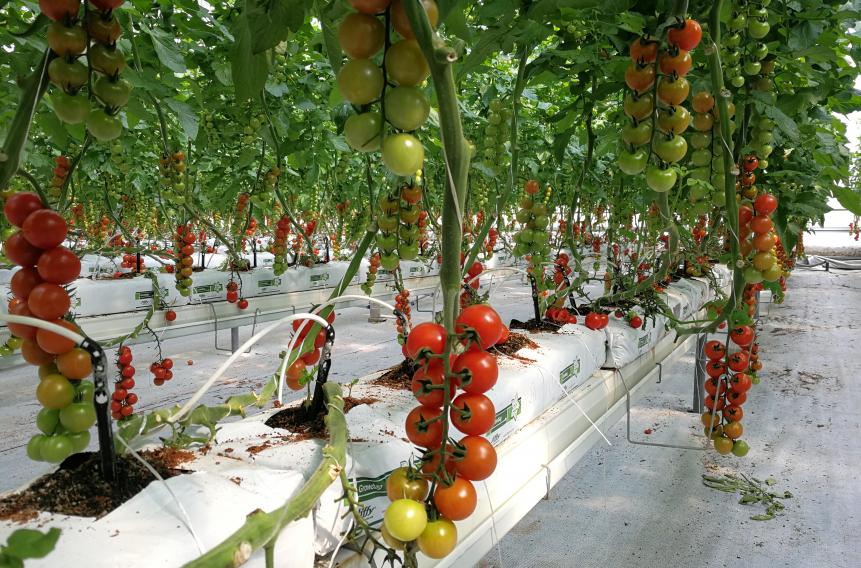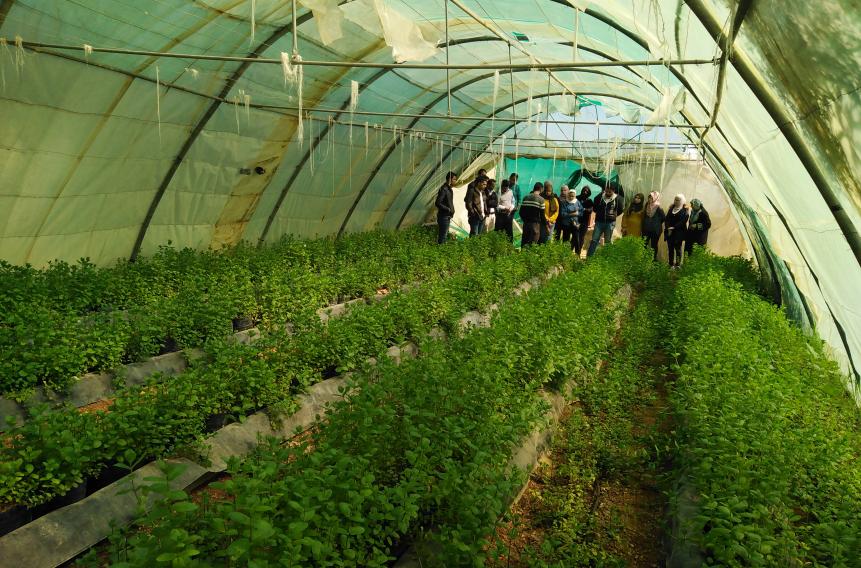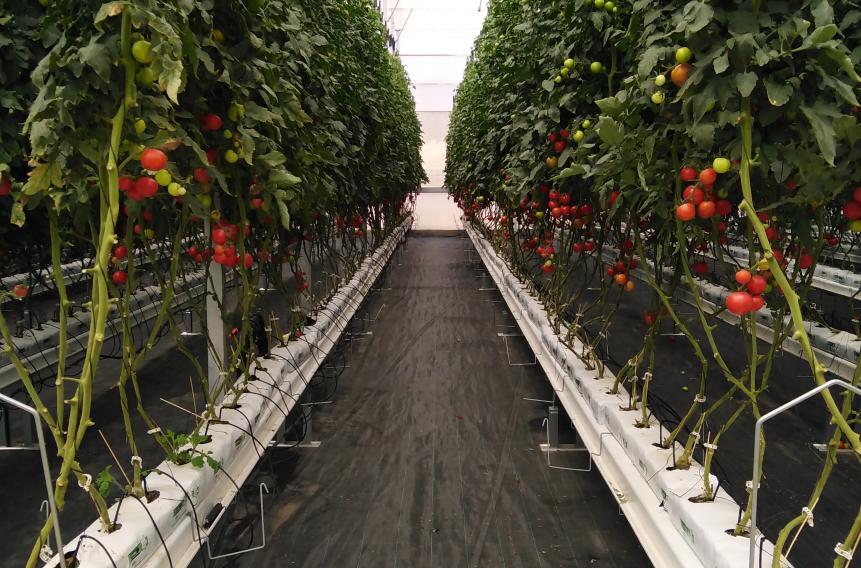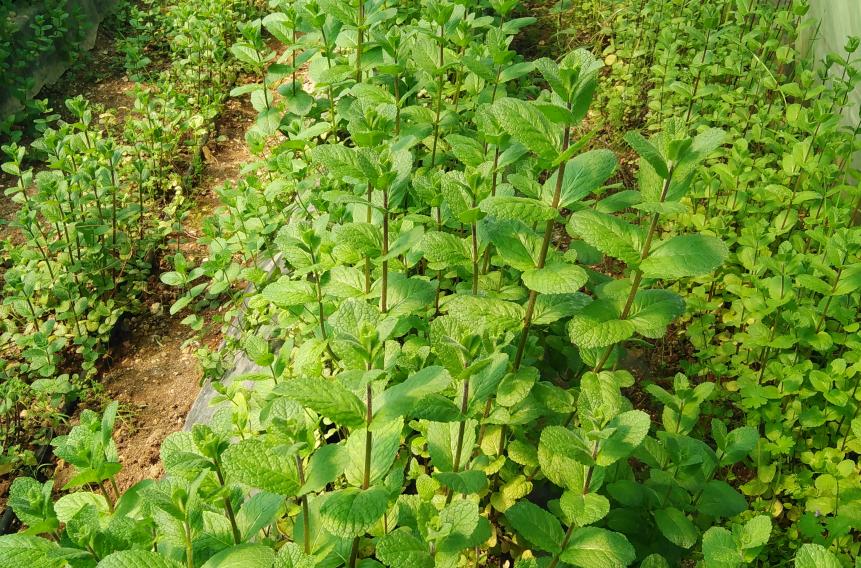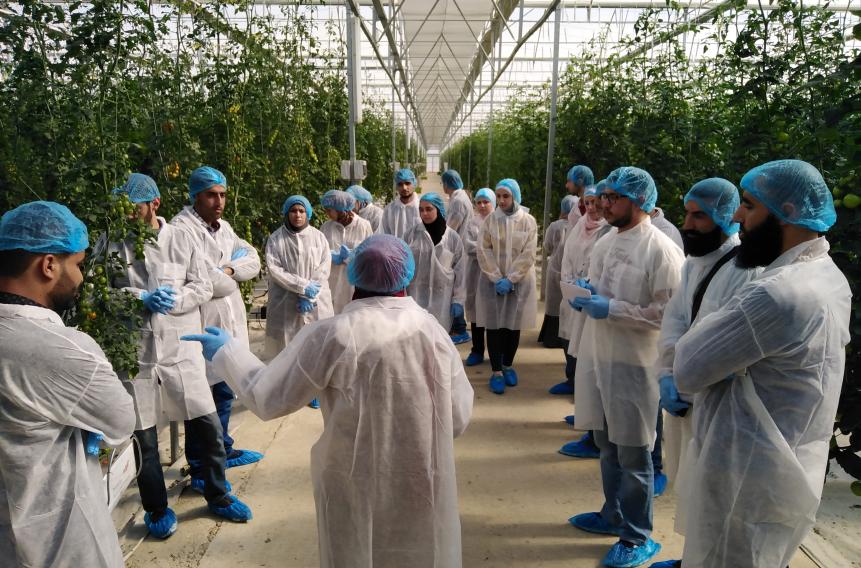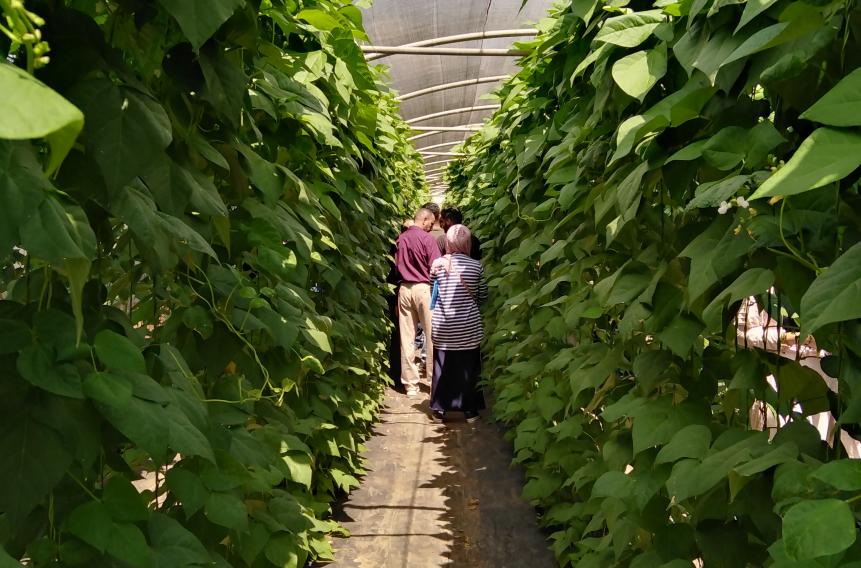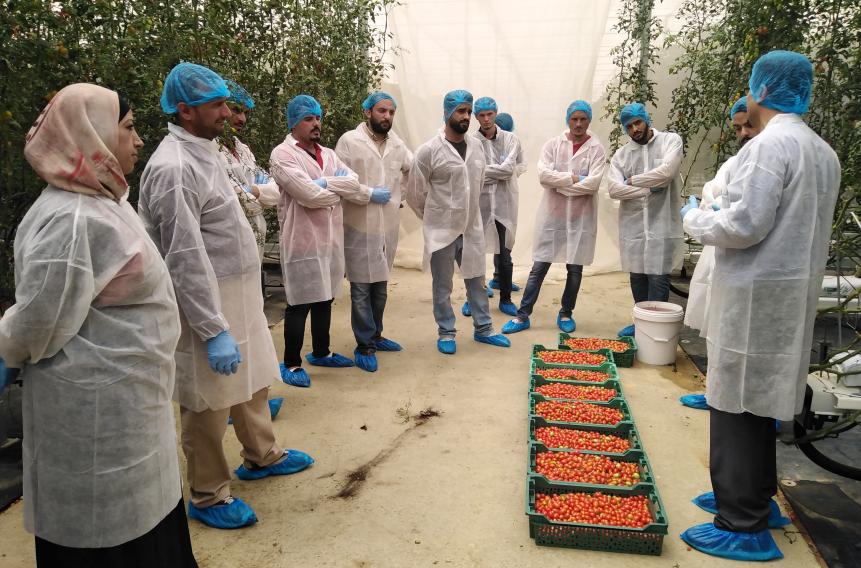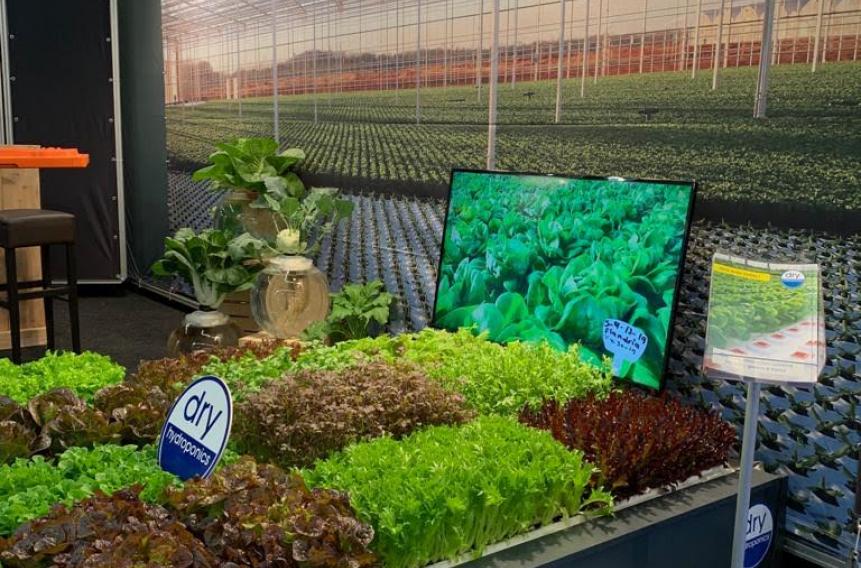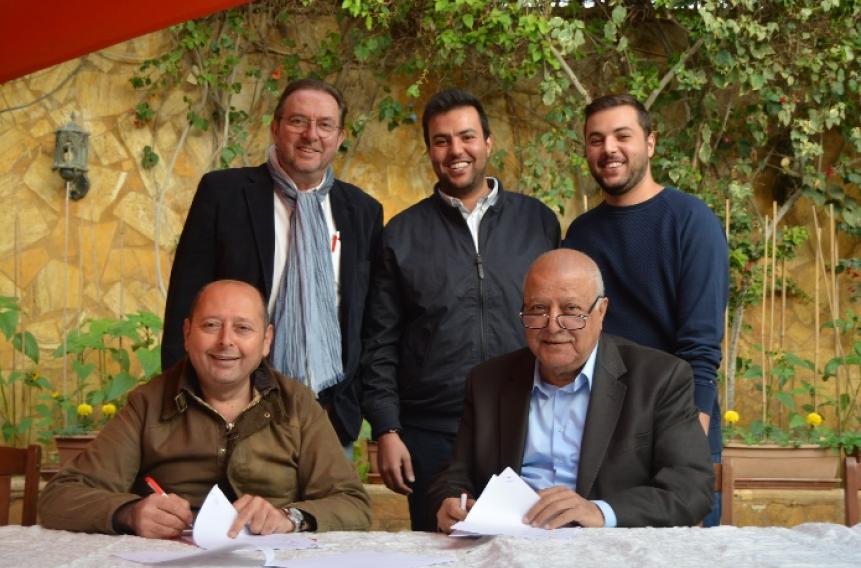Project Dates: November 2016 - June 2022
Donor: Ministry of Foreign Affair of the Netherlands
Project Description:
The Hydroponics Agriculture and Employment Development (HAED-Jo) project implemented by ECO Consult was supported by the Netherlands Ministry of Foreign Affairs. HAED-Jo aimed at advancing efficient farming in Jordan, creating employment opportunities for Jordanians and Syrian refugees in agriculture production and associated postharvest chains as well as building resilience of hosting communities in the country.
The project contributed to improving the efficiency and productivity of Jordanian horticulture, creating workforce opportunities in the value chains, increasing economic and livelihood opportunities for Jordanians and Syrian refugees, advancing programming and leveraging funding for efficient farming.
Project Brief:
As the main implementer of HAED-Jo, ECO Consult introduced interventions and modalities to encourage and advance adoption of technologies for sustainable and efficient agriculture, enhanced market-driven approaches to increase productivity, strengthened business partnerships within the sector, expanded the pool and skills of human resources in hydroponics and postharvest management, increased employment opportunities in commercial farming and agribusiness, supported communities in adopting hydroponic farming and postharvest systems in order to create jobs and increase livelihoods of Jordanians and Syrian refugees within host communities and leverage national and international donor support of hydroponics and efficient farming.
Underscoring the importance of the technological advancement of hydroponics, not only was ECO Consult devoting resources to build hydroponic greenhouses and systems, but also investing in local capabilities to provide the appropriate support now and in the future. HAED-Jo’s capacity building, skills development and training program addresses the constraints that many farmers and growers face in traditional agriculture as well as in applying advanced technologies. The project has developed a comprehensive training approach that will empower farmers, workers, community organizations and refugees.
Capacity building activities target different stakeholders key to project success and take on the role of change agents to demonstrate the positive effects of adopting novel production techniques similar to hydroponic systems and improved postharvest. This core group represent:
- Growers, farm owners and agriculture companies who are responsible for planning, implementing and operating hydroponic farming and postharvest projects
- Extension officers and extension providers who provide services to growers and exporters in hydroponic farming and postharvest chains
- Researchers, academic institutions and instructors working closely with farming communities and offer specialized training and knowledge
- Start-ups and private sector workers who provide services to the sector as well as suppliers in the horticulture value chain
To support the outputs of the project, ECO Consult developed a strategic communication and outreach plan that focuses on promoting hydroponic systems, stimulate behavioral change and increase awareness through targeted messages. This includes encouraging growers to adopt appropriate technologies suitable for the Jordanian context, attract consumers’ interest to buy hydroponics produce and involving community groups and INGOs in these interventions to create livelihood opportunities along the improved agricultural value chain, as well as building partnerships with different educational and non-governmental institutions to expand outreach and ensure that knowledge and information that result from the project activities is accessible beyond the duration of the project. The project utilizes both targeted communication messaging and mass communication tools to achieve targets.

